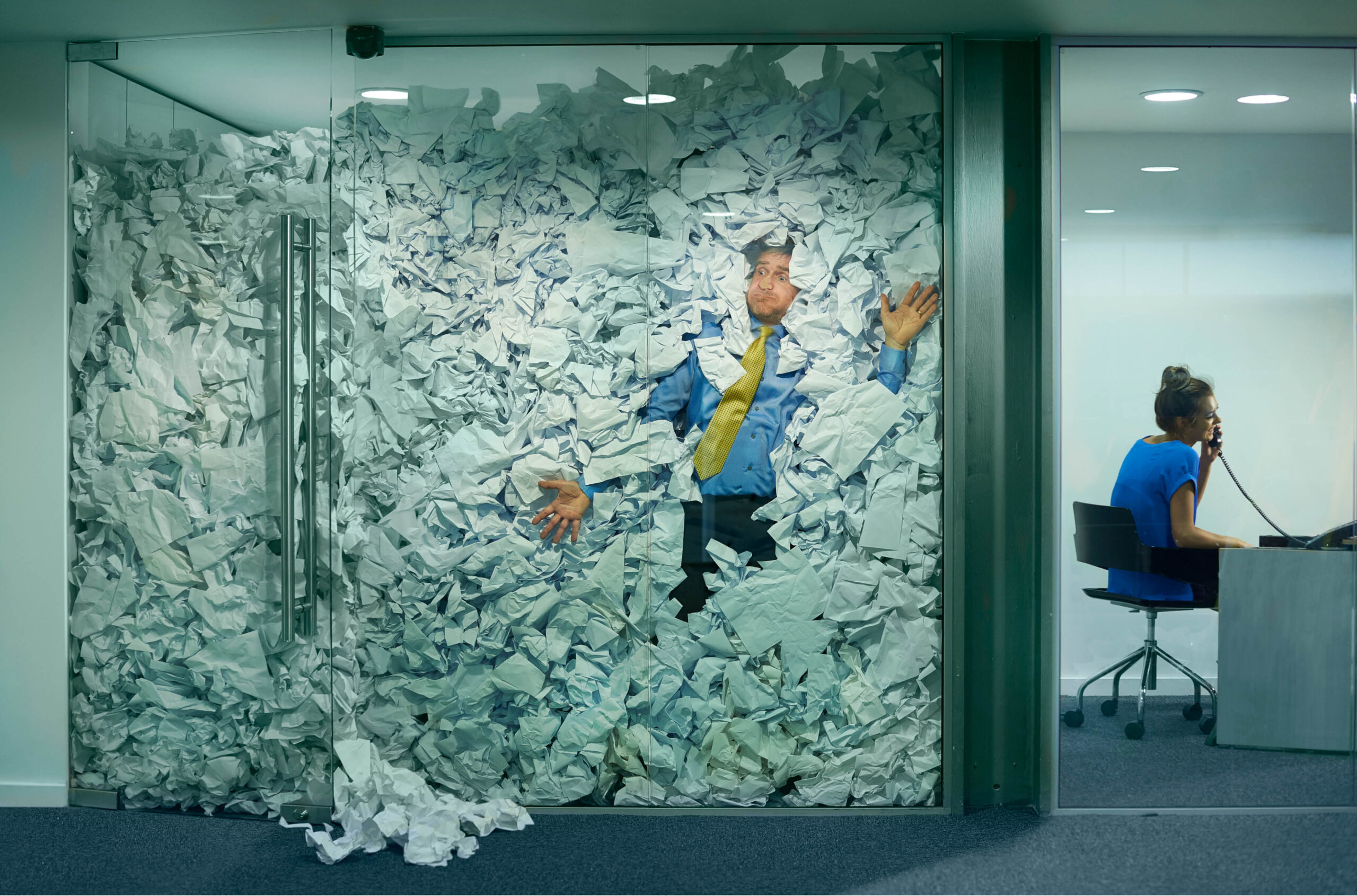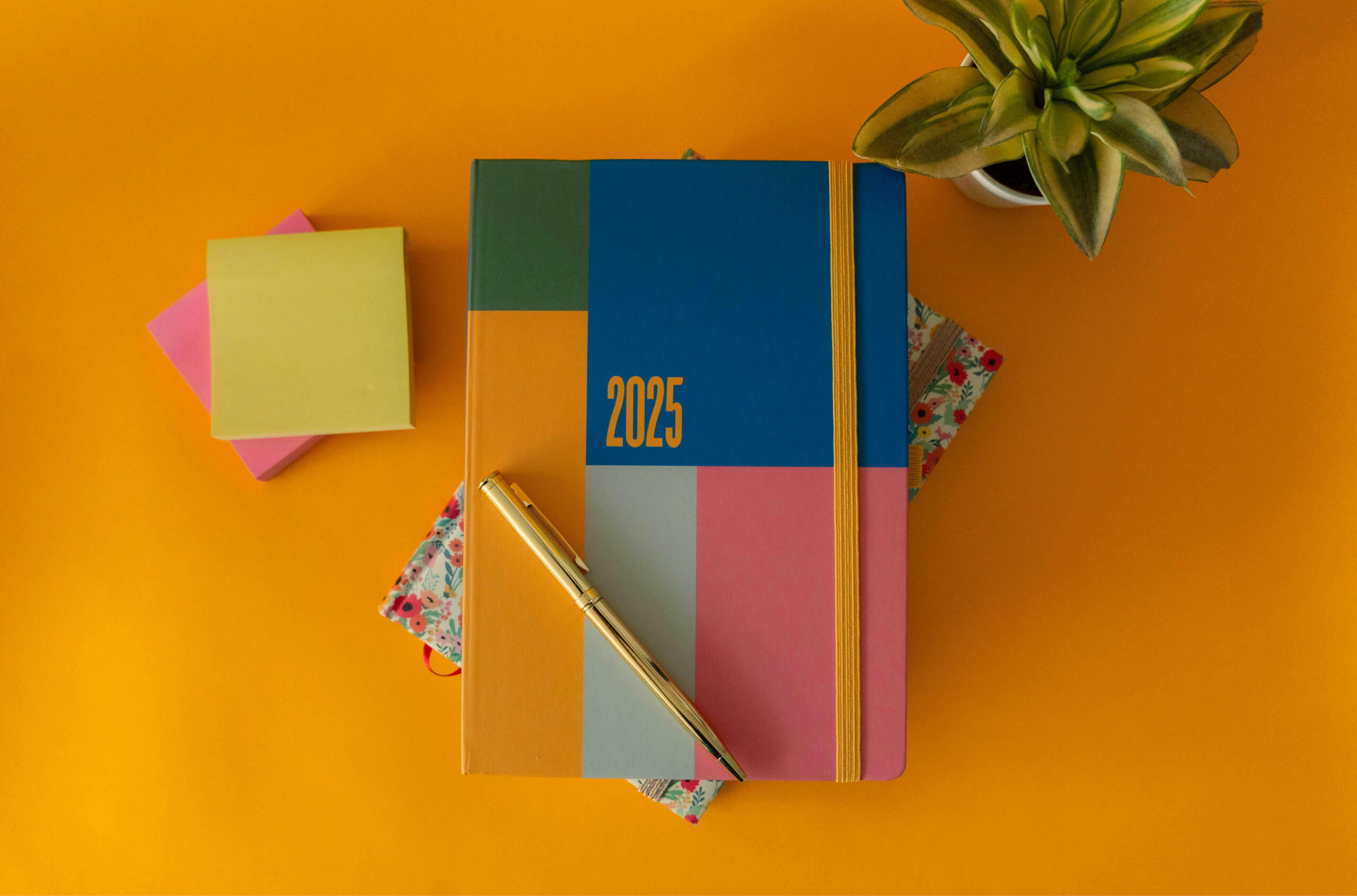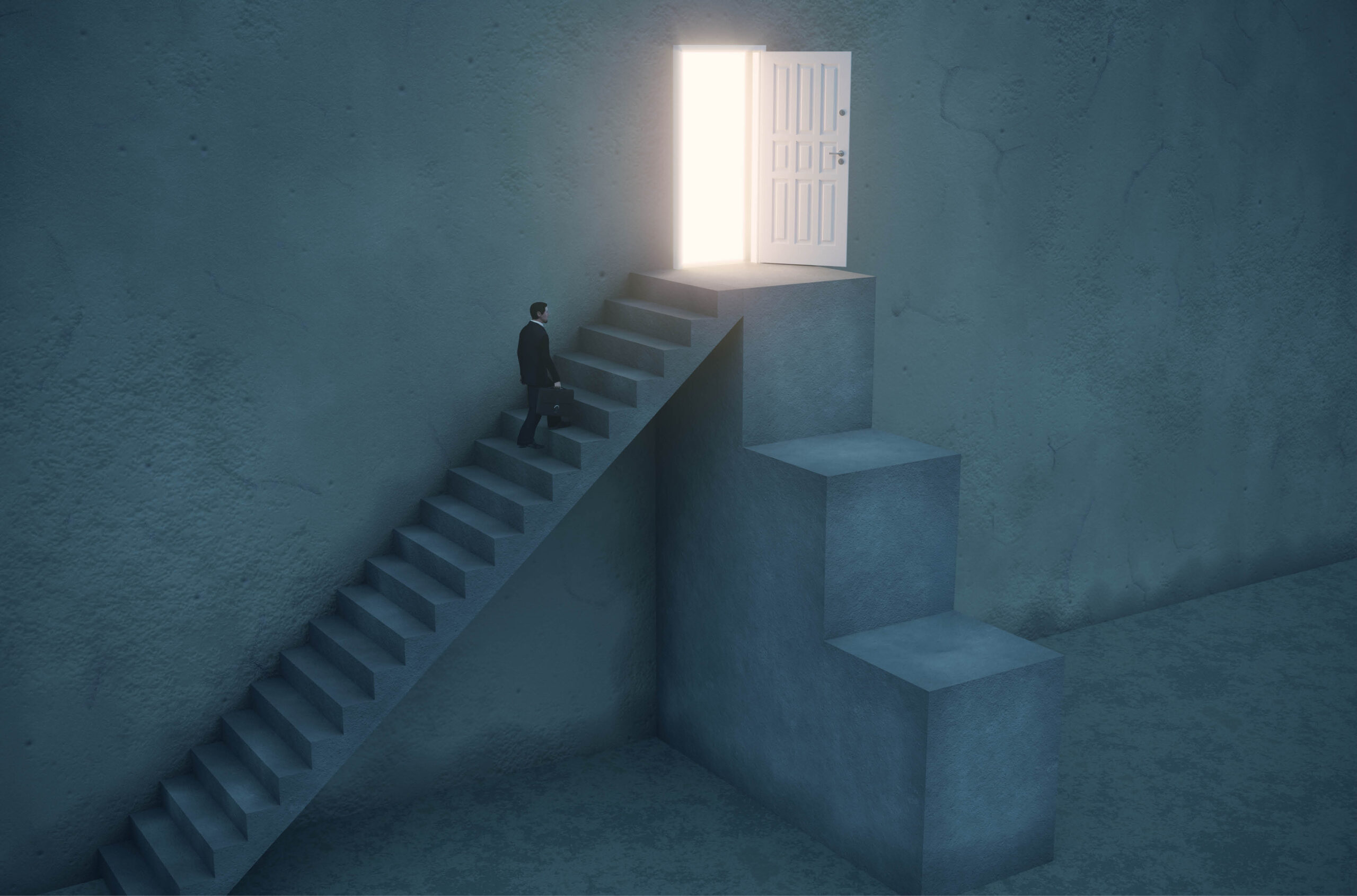Is your office a mess? Here are some strategies to declutter
While you may say that your messy office isn’t a distraction, research has shown that it is.

When I was in graduate school, one of my advisers had a beautiful wood-panelled office with floor- to-ceiling bookcases. It was truly a grand space. The only problem with it was that on every surface there were papers, books, detritus, ungraded and graded assignments, notes, and — if you could find it — one chair to sit on. When I say this was a mess, I’m not exaggerating. In fact, the fire department condemned the office. I don’t remember how he ever cleaned it up, but it is one of the messiest offices I’ve ever seen. This is endemic to many academics and even in the digital age we still seem to accumulate a lot of “stuff” that takes up physical space. Perhaps your office is not ready for fire department intervention, but you would probably like a cleaner and tidier space than you have, right?
When I work one-on-one with academic clients to help them with their productivity, one of the first things I do when I get to their office is to try to sort through all of their material. This can be anything from a painting that hasn’t been hung to things on bulletin boards, office supplies, books, papers and memorabilia of various things (I often get cute cards or gifts from students that I’d like to keep). You may say that tidiness is not a priority for you, or that you have a system and don’t mind the mess. You may even take pride in your unruly space and consider it a sign of intellect, a badge of honour. However, studies show that people who have disordered or cluttered workspaces are much less likely to be effective and clear-headed in their work. There’s just something about clutter that distracts people and raises their stress levels. Also, knowledge workers spend an inordinate amount of time each year looking for things, so even if you think you know where everything is, you probably don’t. Getting your office space under control will make you feel more creative, more relaxed and more effective.
Because clutter is the problem, my first advice to you is to get a bunch of bankers boxes (file boxes made of cardboard that are cheap, easy to assemble and stackable). Although this may sound like a drastic approach, put everything (and I mean everything) that is on your desk, the floor or sitting on bookshelves into the boxes. Stack the boxes in a corner of your office, or if you have any storage space in your department, park them there. I know that many people have sensitive or private information, so you can do a preliminary sort-through of whatever you think is sensitive and keep that box(es) in your locked office.
The only things that should be on your desk are office supplies, a phone, and some in/out boxes if you have paper material that needs to be sorted. Now that you can’t be distracted, go through bookshelves and get rid of old textbooks and books that no longer relate to your research. You don’t have to find them a home. Put them in boxes labelled “old books.” Then look at your walls: take everything off of your bulletin board that you are not using on a daily basis and discard. Keep important phone numbers, safety information, or anything that you might need to look at regularly.
Desk drawers are places that collect a large variety of items. Unless you have to look at them, make this your last priority. That mouthwash or extra set of staples won’t go bad.
What you should be left with is a space for more books (if you need them), a clean desk and nothing on the floor except your boxes. Then, for 15 minutes a day (or up to an hour if you have time), systematically go through your boxes and identify everything you have in the order you take it out of the box. According to David Allen’s “Getting Things Done” system, you have either actionable items or non-actionable items. If there is an action that needs to be taken, write it down either on a piece of paper or in an email to yourself. If it is not actionable, then it is a “defer,” “delegate,” or “file” item. Start a box for each of those categories. The only rule you have to follow is to not put anything back into the original box. For many people, a lot of their “stuff” is material, ideas or tasks that they haven’t fully thought through yet. In your 15 minutes, define what all of this stuff is, and then what the next action is.
Memorabilia and student gifts are hard, but you can put them in a box and, like an art gallery, rotate what you have on display at any given time, so you are not surrounded by clutter. Having a student or grad student (or even your own kid) who’d like to make a little pocket cash helping you can be a worthwhile way to spend your time and money.
Oh, and one more thing: you don’t need five copies of your dissertation. Just keep one.
Featured Jobs
- Division Chair/Division Head/Chief and Academic Vascular SurgeonWestern University
- Chaire de recherche du Canada, niveau 2 sur l'inclusion dans l'éducation de la petite enfanceUniversité du Québec à Trois-Rivières (UQTR)
- Neuroscience - Assistant ProfessorMacEwan University
- Psychology - Assistant Professor (Quantitative Methods / Data Science)MacEwan University
- Science - Assistant Professor (Teaching)The University of British Columbia
















Post a comment
University Affairs moderates all comments according to the following guidelines. If approved, comments generally appear within one business day. We may republish particularly insightful remarks in our print edition or elsewhere.